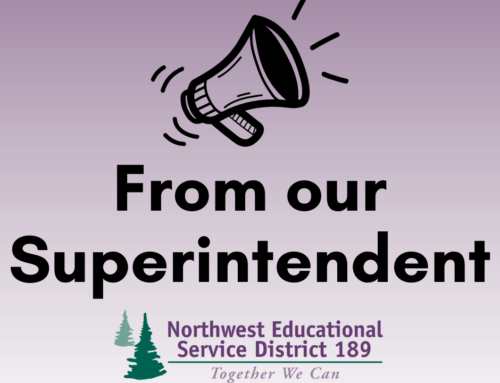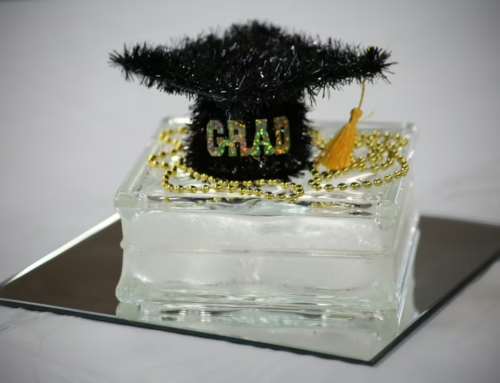
Last March I traveled to Arlington High School on a Saturday to find out what this thing called “Knowledge Bowl” was all about, and what I discovered was an amazing event. One hundred six teams of high school students from across Washington State come to compete against one another in an academic competition. To get to State Knowledge Bowl and become a State Champion, each team must qualify in its own ESD regional tournaments.
I stood in the back of a classroom, as a Reader/Judge asked questions and one of three teams raced to buzz in its answer. It was apparent the speed at which teams were able to hit the buzzer was equally as important as their ability to answer the questions. The questions were very complex. For instance, how would you answer the question, “What element was named for Marie Curie's homeland?” or “Thomas Jefferson became interested in sponsoring the Lewis and Clark journey after he had read whose book about his 1792-1793 expedition across Canada to the Pacific?”* These kids had the answers I would have struggled to find. Not to mention they answered them very quickly.
I stopped a couple of students (they compete in four oral preliminary rounds before the semi and final Championship round) and asked, “What brought you here?” The students looked at each other for a moment and said, “Well, I am not an athlete. This competition is like a sport for your brain, I get to practice and compete with my friends on my team. We get to travel to different parts of our state. It’s fun!”
When I got back to NWESD, I went to see Joanne Johnson, Regional and State Knowledge Bowl Coordinator. I wondered why NWESD provided support for these events. It turns out that research shows competition improves learning and this kind of competition directly supports the need to challenge gifted students. Being on a team with theirpeers builds students’ abilities around those 21st Century skills of collaboration, critical thinking, and communication that we know our students need to succeed in today’s work places.
Want to know more? Read some of the research. Want your high school students to compete? Visit https://www.nwesd.org/knowledge_bowl for all the information.
*polonium; Alexander MacKenzie.
For further consideration and understanding of the role competition plays in education see these resources:
http://www.davidsongifted.org/Search-Database/entry/A10877
advocacy for gifted; bell curve with percentages
http://cty.jhu.edu/research/docs/pub/What%20We%20Know.pdf
Johns Hopkins Center for Talented Youth – research supporting gifted ed
http://www.teach-nology.com/teachers/academiccomp/
support for academic competition
http://seceij.net/seceij/summer14/science_bowl_ac.html
research supporting student achievements/attitudes/habits as result of science bowl competitions
http://classroom.synonym.com/positive-negative-effects-competition-academic-achievement-6928.html
research re: positive and negative effects of competition
http://www.education.com/reference/article/competition/
role of competition in education



